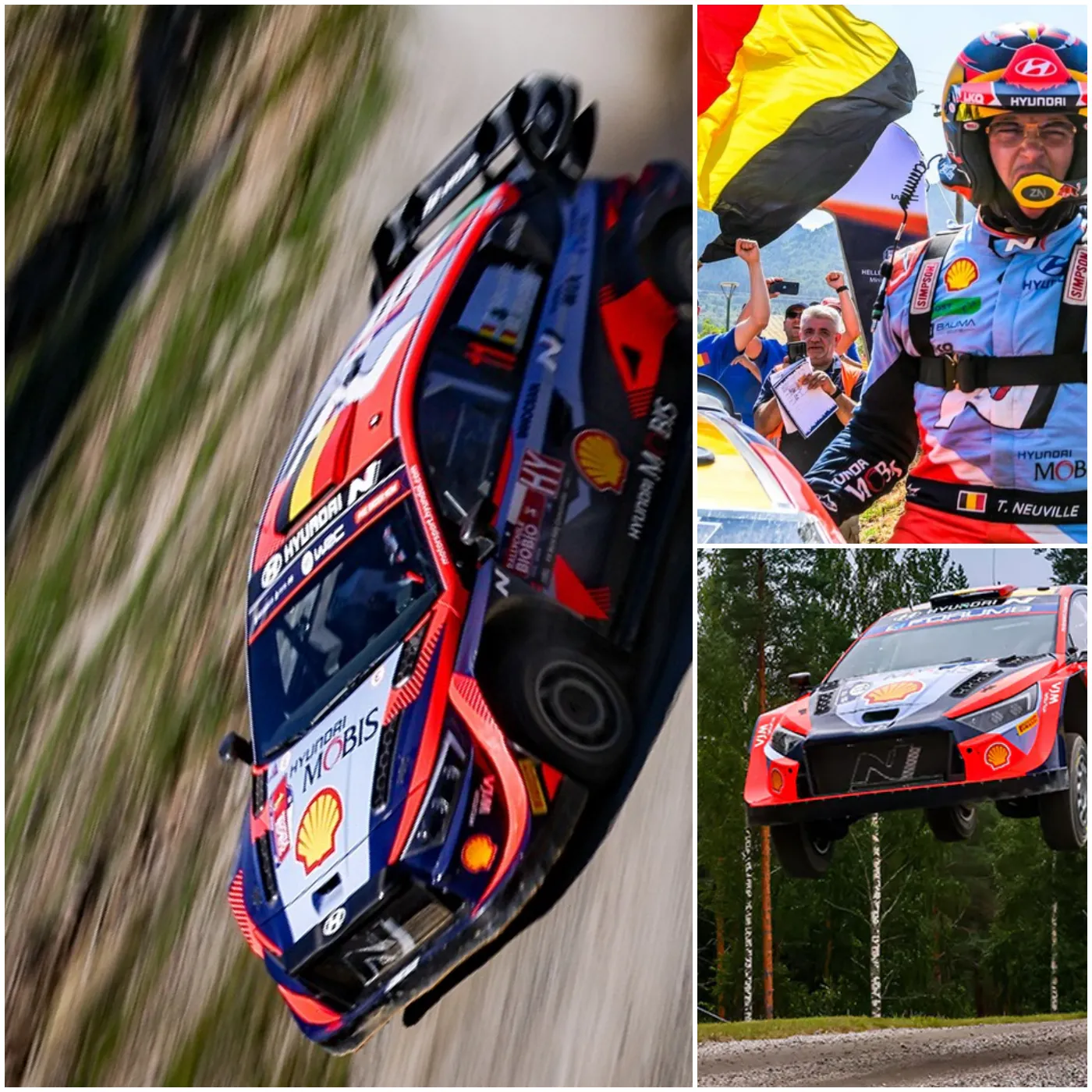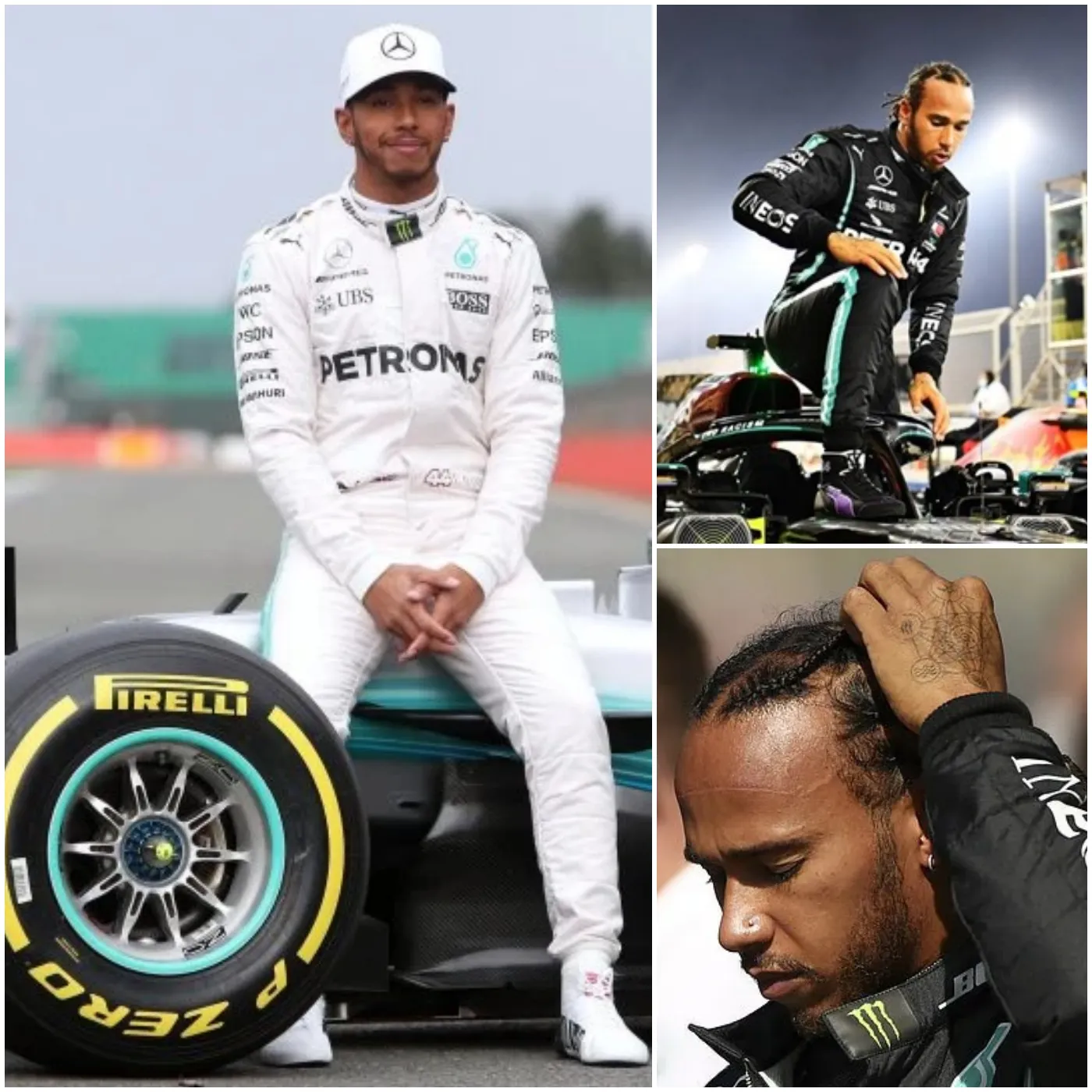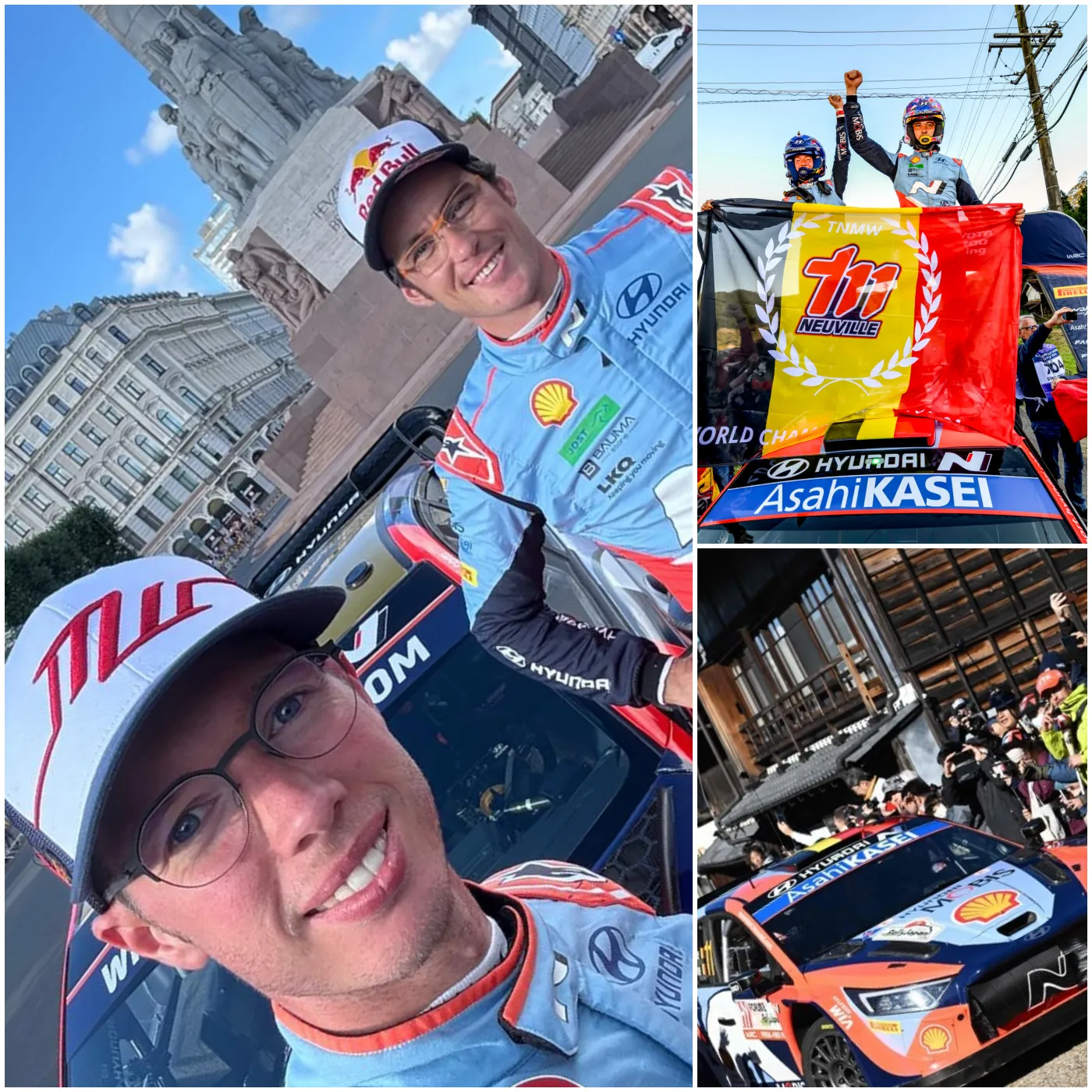Startling WRC Scandal: Unbalanced Battle Caused by New Rules!
The World Rally Championship (WRC) is entering a new era as the FIA announces groundbreaking changes set to take effect in 2027. These revisions to the championship’s technical and financial regulations are poised to reshape the future of the sport. The new rules, focusing on powertrain flexibility and a component cost cap, aim to make […]
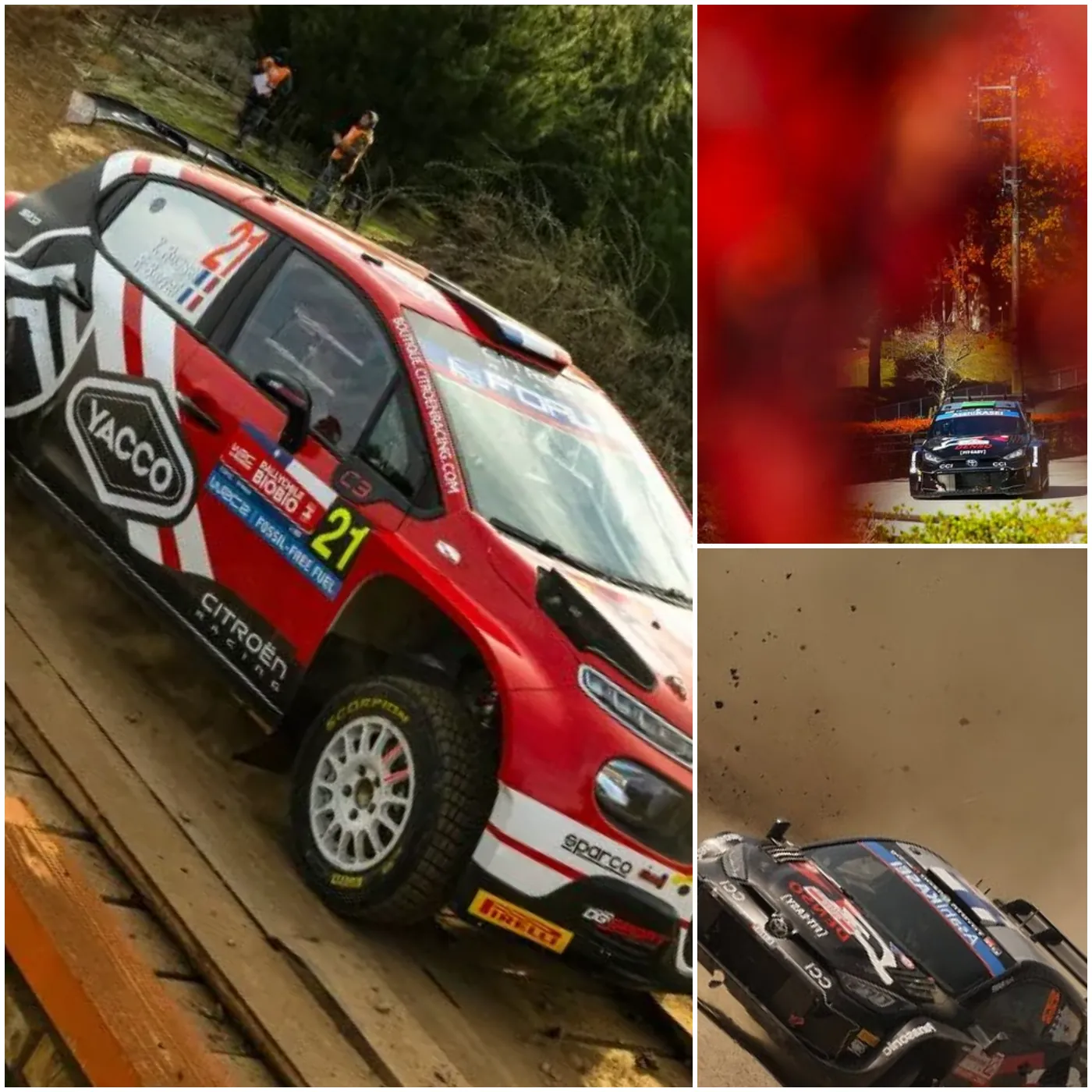
The World Rally Championship (WRC) is entering a new era as the FIA announces groundbreaking changes set to take effect in 2027. These revisions to the championship’s technical and financial regulations are poised to reshape the future of the sport. The new rules, focusing on powertrain flexibility and a component cost cap, aim to make the competition more sustainable, exciting, and accessible for teams, manufacturers, and fans alike.
The Need for Change: A Vision for the Future
The WRC has long been a platform where manufacturers push the limits of performance and engineering, while rally drivers battle it out on some of the toughest terrains on the planet. However, as motorsport enters an age of environmental responsibility and financial constraints, the need for change has become clear. The 2027 regulations are a response to these challenges, seeking to balance high performance with sustainability, cost-efficiency, and technological innovation.
Powertrain Flexibility: More Choices for Manufacturers
One of the most anticipated aspects of the new rules is powertrain flexibility. Recognizing the shift toward hybrid and electric technologies, the FIA aims to keep the WRC at the forefront of automotive innovation.
The 2027 regulations will allow manufacturers to choose from a variety of engine configurations and hybrid solutions, offering freedom to pursue goals like performance, efficiency, or future-proofing designs. By introducing a range of hybrid systems, from plug-in hybrids to fully electric powertrains, the WRC is embracing cutting-edge energy solutions.
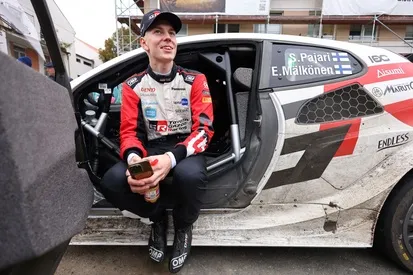
This flexibility is not just about technology but also about reducing the sport’s carbon footprint. By encouraging hybrid technology, the WRC aims to maintain its high-performance thrills while paving the way for advancements that could benefit the automotive industry as a whole.
Component Cost Cap: Leveling the Playing Field
Another crucial element of the 2027 regulations is the component cost cap, designed to reduce the overall cost of building a competitive rally car. This measure will make the championship more accessible to smaller teams and increase competition.
The cost cap will target key areas like powertrains, suspension, and aerodynamics, where manufacturers traditionally spend heavily. By capping costs, the FIA hopes to encourage innovation within budget constraints, creating a more diverse range of approaches across the grid.
A Sustainable Future for the WRC
The 2027 rule changes reflect the FIA’s long-term commitment to sustainability, aligning the WRC with global goals of achieving net-zero emissions. By fostering the development of hybrid and electric powertrains, the WRC will showcase next-generation automotive engineering while reducing its environmental impact.
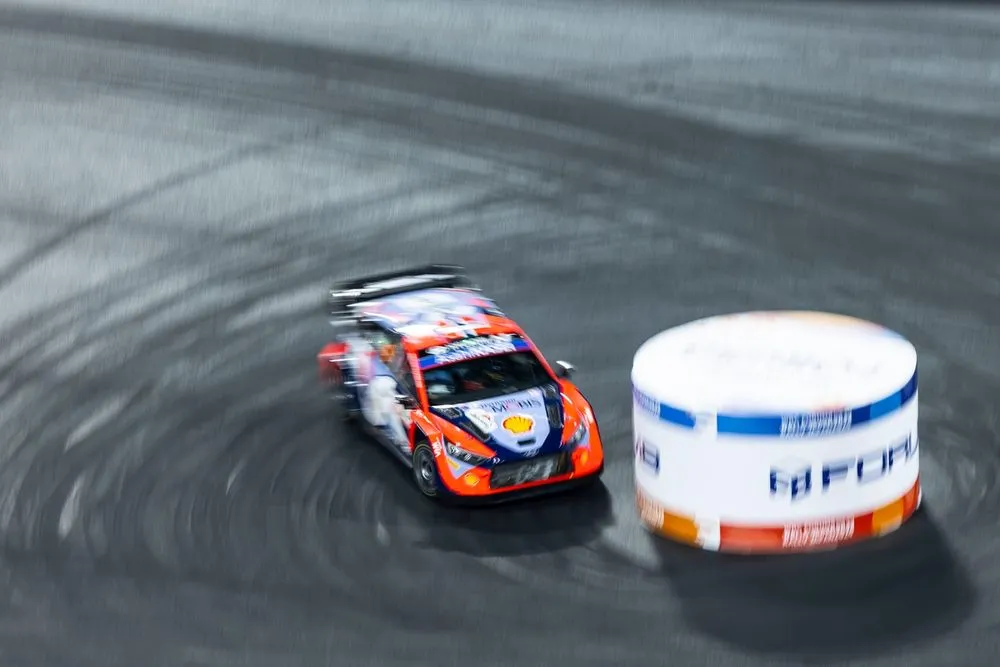
What Does This Mean for Teams and Drivers?
The new powertrain flexibility and cost cap could lower barriers for smaller teams, enabling them to compete alongside major manufacturers like Toyota, Ford, and Hyundai. For drivers, these changes promise dynamic competition with innovative vehicle designs and diverse team strategies playing pivotal roles.
Looking Ahead: A New Era for WRC
The 2027 WRC rules, introducing powertrain flexibility and a component cost cap, signal a pivotal moment in the sport’s evolution. These changes aim to redefine rallying with a focus on sustainability, innovation, and competitive balance.
As the WRC embraces this new era, it is poised to maintain its legacy of pushing the boundaries of performance and technological advancement, ensuring its place as a leader in the world of motorsport.

